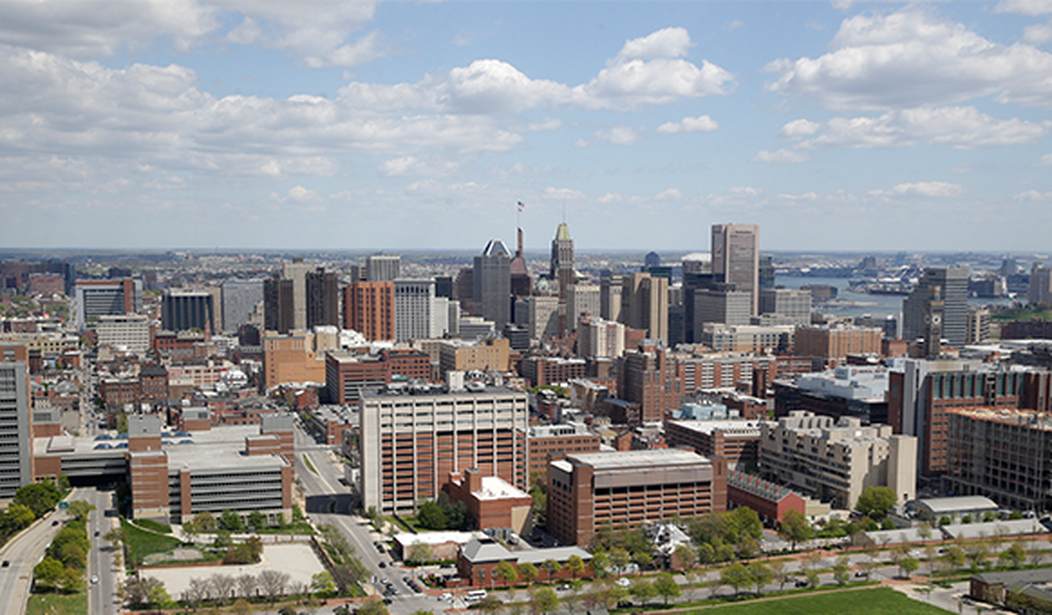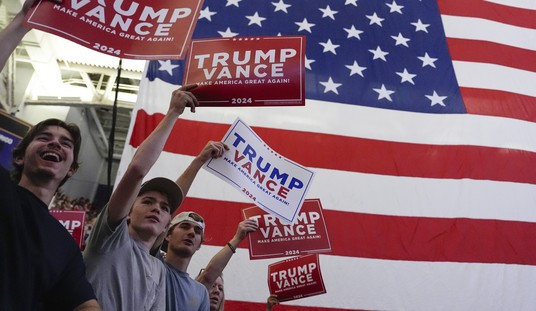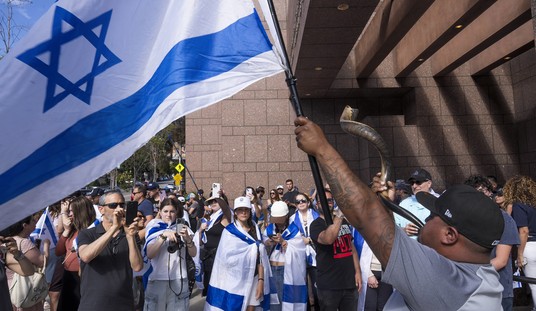I was a teenager, growing up in the Richard Allen housing project of North Philadelphia, when Emmett Till was lynched in Money, Mississippi, on Aug. 28, 1955, and his brutalized, unrecognizable body later recovered from the Tallahatchie River. From 1882-1968, 4,743 lynchings occurred in the United States. Roughly 73%, or 3,446, were black people, and 27%, or 1,297, were white people. Many whites were lynched because they were Republicans who supported their fellow black citizens and opposed the lawless act of lynching. Tuskegee University has the best documentation of lynching. It records an 1892 high of 69 whites and 161 blacks lynched. By the 1940s, occurrences of lynching fell to single digits or disappeared altogether.
At the time of my youth, today's opportunities for socioeconomic advancement were nonexistent for black people. For all but a few, college attendance was out of the question because of finances and racial discrimination. If you were not admitted to the black colleges of Lincoln University or Cheyney State College, forget about college. I do not know of any student of my 1954 class at Philadelphia's Benjamin Franklin High School who attended college. Though the quality of education at Benjamin Franklin is a mere shadow of its past, today roughly 17% of its graduating class has been admitted to college. The true hope for a youngster graduating from high school during the 1950s was a well-paying and steady job. My first well-paying job was as a taxi driver for Yellow Cab Company.
Younger black people today have no idea of and have not experienced the poverty and discrimination of earlier generations. Also, the problems today's black people face have little or nothing to do with poverty and discrimination. Political hustlers like to blame poverty and racism while ignoring the fact that poverty and racism were much greater yesteryear but there was not nearly the same amount of chaos.
The out-of-wedlock birth rate among blacks in 1940 was about 11%; today, it is 75%. Black female-headed households were just 18% of households in 1950, as opposed to about 68% today. In fact, from 1890 to 1940, the black marriage rate was slightly higher than that of whites. Even during slavery, when marriage was forbidden, most black children lived in biological two-parent families. In New York City, in 1925, 85% of black households were two-parent households. A study of 1880 family structure in Philadelphia shows that three-quarters of black families were two-parent households.
Recommended
There's little protest against the horrible and dangerous conditions under which many poor and law-abiding black people must live. It is not uncommon for 50 black people to be shot over a weekend in Chicago -- not by policemen but by other black people. About 7,300 black people are murdered each year, and not by white people or racist cops, but mostly by other black people. These numbers almost make our history of victimization by racist lynching look like child's play.
The solutions to the many problems that black Americans face must come from within our black communities. They will not come from the political arena. Blacks hold high offices and dominate the politics in cities such as Philadelphia, Detroit, Baltimore, Chicago, Washington, D.C., and New Orleans. Yet, these are the very cities with the nation's worst-performing schools, highest crime rates, high illegitimacy rates, weak family structure and other forms of social pathology.
I am not saying that blacks having political power is the cause of these problems. What I am saying is that the solution to most of the major problems that confront black people will not be found in the political arena or by electing more blacks to high office.
One important step is for black Americans to stop being "useful tools" for the leftist, hate-America agenda. Many black problems are exacerbated by guilt-ridden white people. Often, they accept behavior and standards from black people that they would not begin to accept from white people. In that sense, white liberal guilt is a form of disrespect in their relationships with black Americans. By the same token, black people should stop exploiting the guilt of whites. Let us all keep in mind that history is one of those immutable facts of life.
Walter E. Williams is a professor of economics at George Mason University.

























Join the conversation as a VIP Member